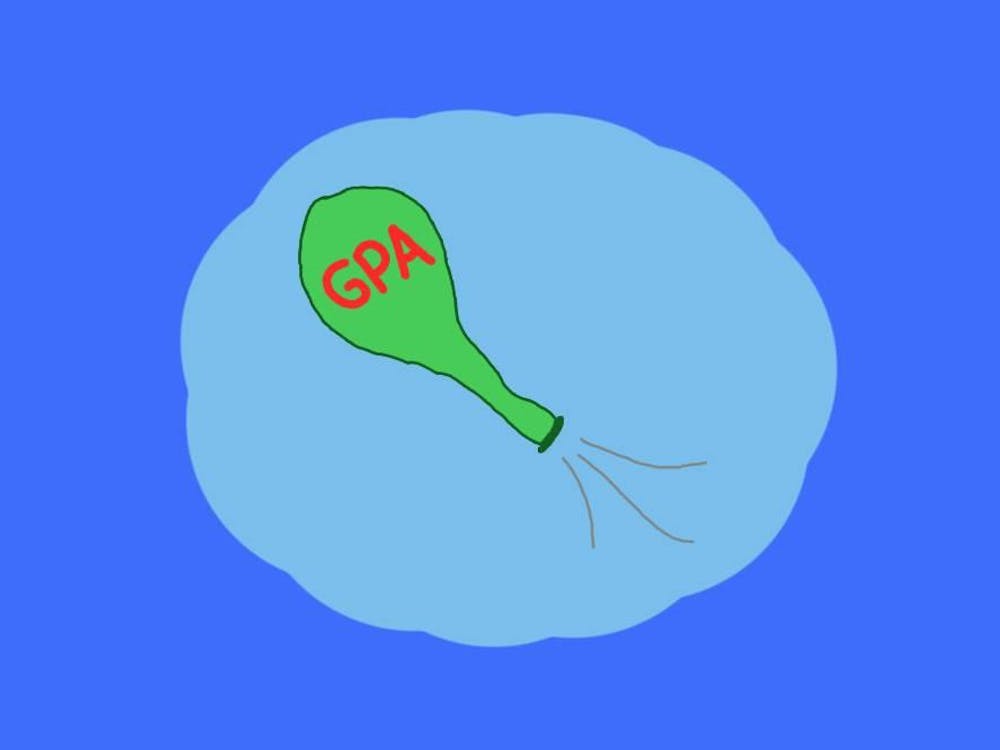THE U.S. News & World Report college rankings are in and the University of California at Berkeley and the University of Virginia are tied for number one - public school that is. Across the board we are number 20 - that alone should give us a clue as to how meaningful these rankings are.
Last year Berkeley was number one, the year before that the score was tied, and in certain previous years, U.Va. took the top prize. But they both advanced in the over-all count, if that matters.
Berkeley and the University are both fine institutions. In my mind, Berkeley is the number one school in the country - but I tend to be a little biased. I don't know about the University, because I've never been there, but I'm sure it's a top-notch school. In all seriousness, what can one expect from rankings that generally favor private schools?
When all is said and done, a ranking is an arbitrary number placed on an institution based on very subjective criteria that barely affect the day-to-day life of the average undergraduate. Why even bother to rate them?
|
I did not choose to attend Berkeley because of its ranking, nor do I know anyone who did. Instead, I know peers who chose Berkeley over many universities that are considered "the very top" by U.S. News - Yale, Stanford, Harvard, Cal Tech, Duke, Columbia, Brown, Northwestern, etc. Because of a combination of factors such as cost, quality of specific academic programs, location and the intangibles of campus culture and diversity, it happens all the time. But I know this happens at other campuses as well, including, I assume, at U.Va.
While I agree that many of the factors contributing to "academic excellence" reported by U.S. News affect my approval of my university, they are by all means not what would top my list of things that I think makes Berkeley No. 1. Retention, student to faculty ratio, money - all great things, no doubt, but meager when compared to the spirit and diversity of the campus, the traditions that we revel in and the fact that the student section at Cal football games is always full, always standing, always rabid, even if we don't have the best team in the world.
While the amount of money spent on undergraduates is important, U.S. News neglected to factor in the amount of money students spend on tuition. In that case, I think both Berkeley and the University would skyrocket to the top of the list.
Aside from the fact that the rankings are slanted just a little, what's so wrong about them is that they try to sum up an entire college experience and predict a person's fate in one little slightly skewed, scaled and rescaled number (that changes every year). Even though, according to U.S. News, you will be a happier person forever and ever if you go to Princeton, the fact that 98 percent of Berkeley students were in the top 10 percent of their high school's graduating class says something, and the fact that Berkeley's academic reputation score is topped by only Harvard, Stanford, Yale, Princeton and MIT says even more.
Despite the subjectivity of it all, there is something about rankings that people can rally behind, as though they are a confirmation for students and administration. But we've all already made the choice that U.S. News is hoping to facilitate. Whether you agree with the rankings or not is almost inconsequential at this point if you're worrying about fall rush or midterms.
|




